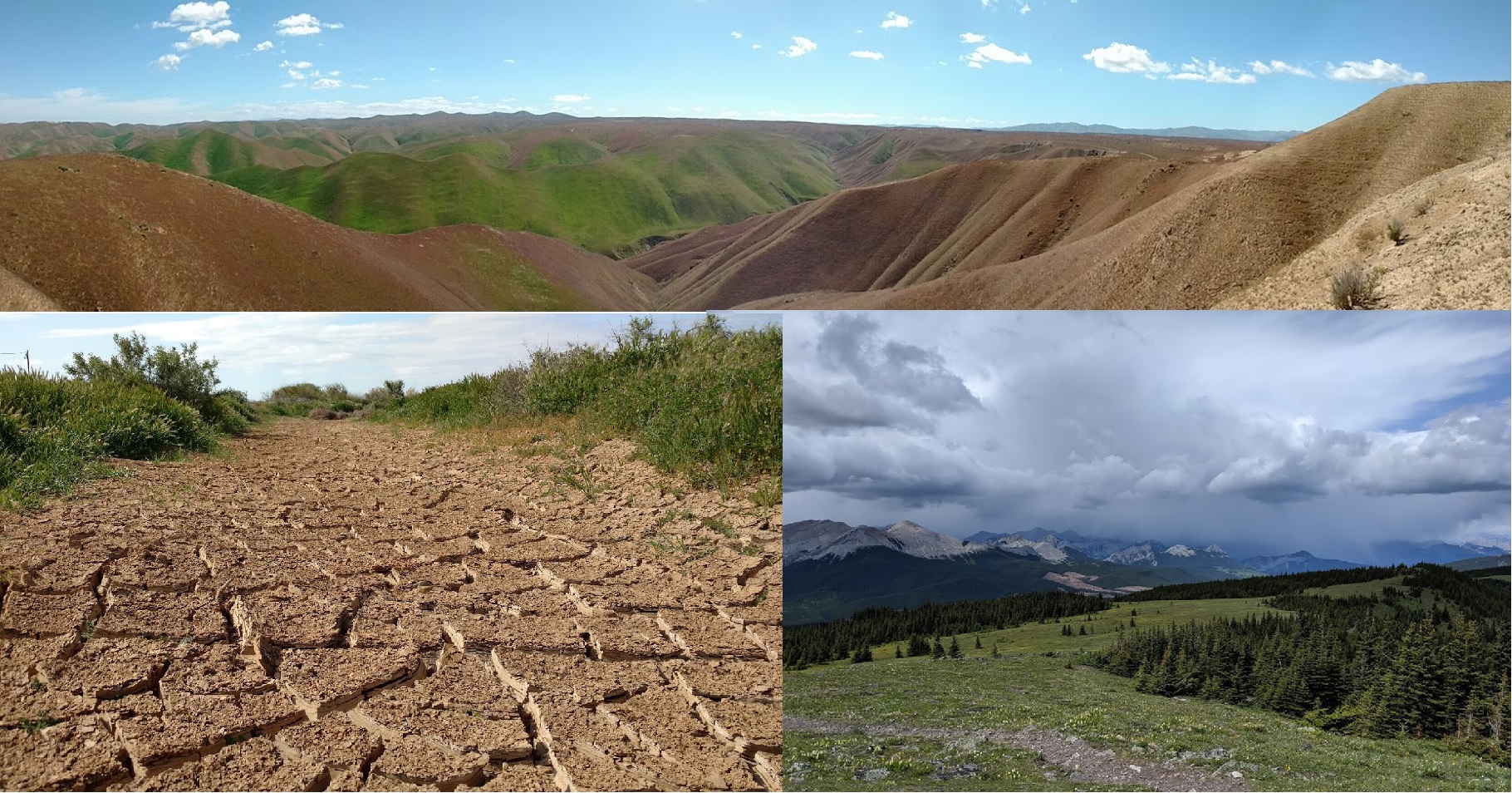Extreme Climate Events Symposium 2020

Purpose
The objective of the symposium is connect researchers examining extreme climate events and improve the ability of attendees to quantify/analyze extreme climate events in their respective areas of research. The symposium will connect leading experts on extreme climate events in ecological research and include presentations of researchers currently exploring these themes in their work.
General Information
The symposium will be held on Feb 19, 2020 at York University. Stedman Lecture Hall B
Live Link!
Can’t make it to the conference? We will be streaming the event live through Zoom & Youtube! The link will be made available here once we go live. Some of the speakers are respectfully requesting that their material not be shared. You may notice the stream to be muted occasionally in those instances. Stay tuned and check out the schedule below for when talks are active.
Schedule
| Time | Event |
|---|---|
| 08:45 | Arrival/Registration |
| 09:00 | Opening remarks |
| 09:15 | Plenary by Dr. Melinda Smith |
| 10:00 | Plenary by Dr. Kate Wilkins |
| 10:30 | Coffee Break |
| 10:45 | Submitted talks |
| 12:30 | Lunch provided (OverGrad Cafe - S167 Ross) |
| 01:30 | Submitted talks |
| 03:15 | Coffee break |
| 03:30 | Panel discussion on ECEs |
| 4:00 | Closing remarks |
| 4:15 | End |
Purpose
Climate extremes, such as extended drought, heavy rainfall leading to flooding, and severe frost events, are predicted to increase in magnitude, duration, and frequency (IPCC 2014). Climate extremes affect ecosystems globally on an annual basis (Du et al. 2018; Zhang et al. 2013 and are expected to be more impactful driver of community assembly than gradual shifts in climate (Jentsch, Kreyling & Beierkuhnlein 2007; Smith 2011). Extreme climate events (ECE) are defined as a period where climate conditions surpass a threshold value from those previously observed (e.g. the 90th percentile) that elicit an extreme ecological response (Smith 2011). However, not all climate extremes result in ECEs.Given the forecast of intensified climate extremes, there is a need to understand when extreme climate conditions result in extreme ecological responses and under which circumstances they do not, as ECE events should result in long-lasting impacts on ecosystems (Smith 2011). Our ability to effectively predict the effects of climate change requires examining large-scale and long-term datasets to generate to tools necessary for improving our understanding of ECEs.
Sponsors

Contact
University of Alberta & York University
Alessandro is part of the organizing committee and the person to contact for any questions! His email can be found here
